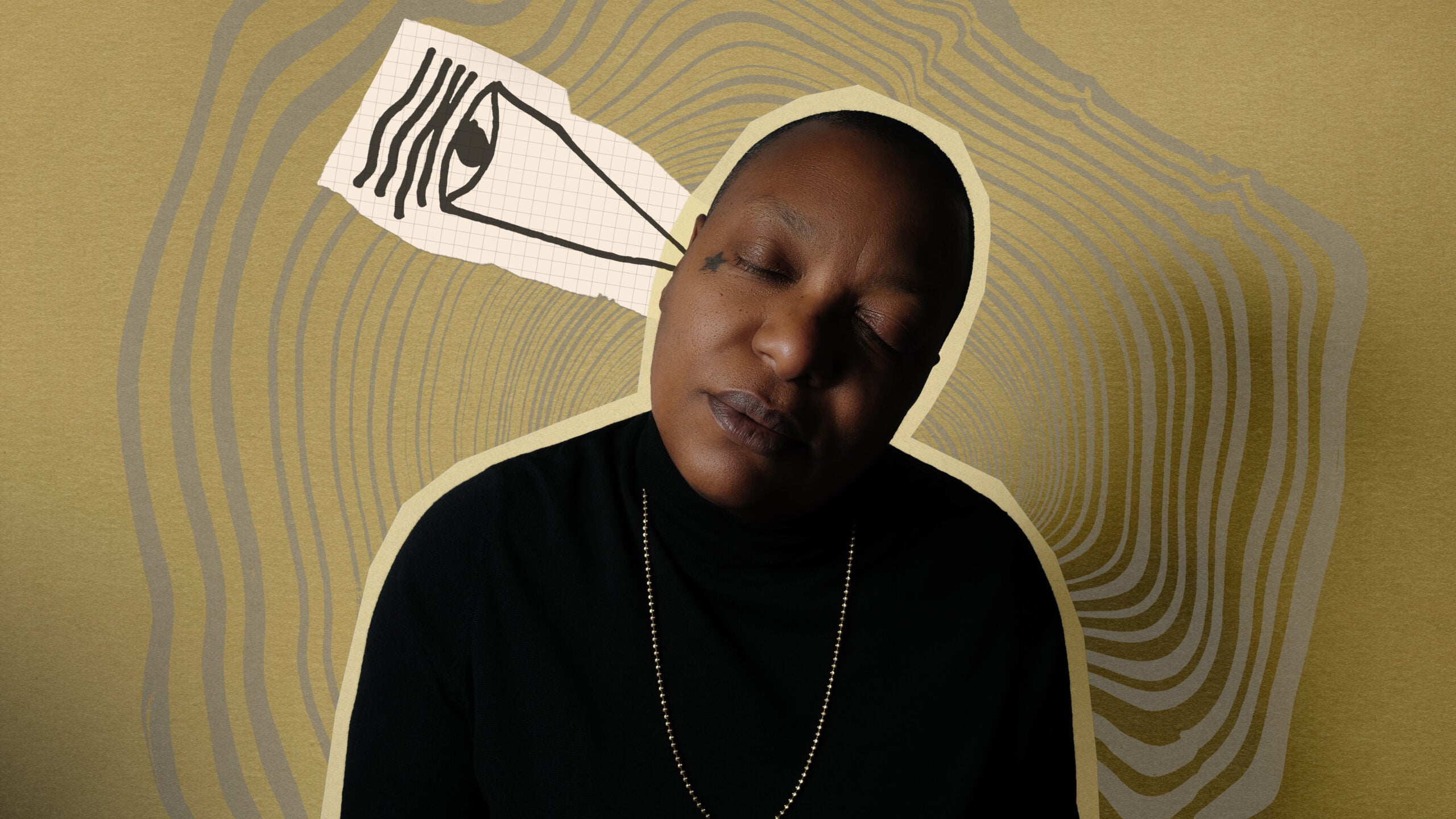For Spanish pianist and composer Enrique Granados, writing music was mostly a matter of the moment. He was not one to work out a formal scheme for an extended composition, but when inspiration struck, he was impulsive and completely absorbed until he had turned his feelings into notes.
A variety of situations could spark his inventiveness. Granados’ student Frank Marshall was turning the pages as Granados played a recent piece called El pelele when it became clear that Granados was playing something other than what was in the manuscript. The audience thought the piece was wonderful and insisted on hearing it again, but when Granados obliged, he played what was written.
So far as anyone knows, the first piece, the one that had captivated the audience, never saw print and disappeared into thin air after its first and only hearing.
Stay informed on the latest news
Sign up for WPR’s email newsletter.
Although he often paced through his house trying to coax ideas to come and jotted them down when they did, he also carried a pencil to write down his ideas when they came without warning, and, when they did, he pursued them single-mindedly. A visiting conductor who found Granados touching up a manuscript was promised that the composer would join him in a moment. The moment turned into an hour.
In an instant, his immediate surroundings could turn into music for Granados. He was improvising at the piano in a friend’s house, and when asked what he was playing, he replied, “the garden, those flowers, the blue and orange sky at sunset, the peace of the jasmines.”
But the most frequent and dramatic source of inspiration for Granados may have been illustrated by an incident in Barcelona. As he sat talking with friends, a tall, beautiful woman walked by. The composer broke off the conversation and hurried upstairs to the nearest piano. A friend who followed him said that right on the spot Granados improvised “a romantic, passionate, tender, and inflamed melody.”
Wisconsin Public Radio, © Copyright 2024, Board of Regents of the University of Wisconsin System and Wisconsin Educational Communications Board.





